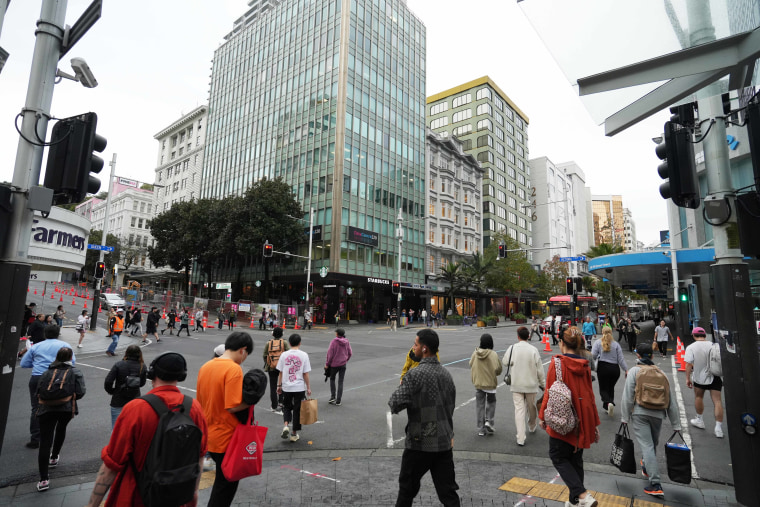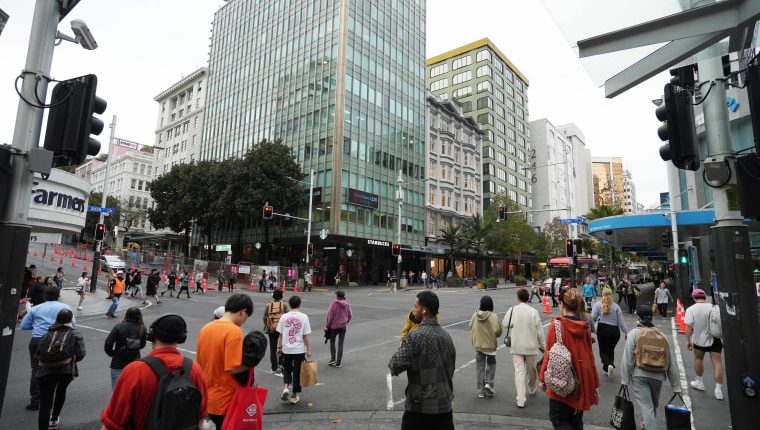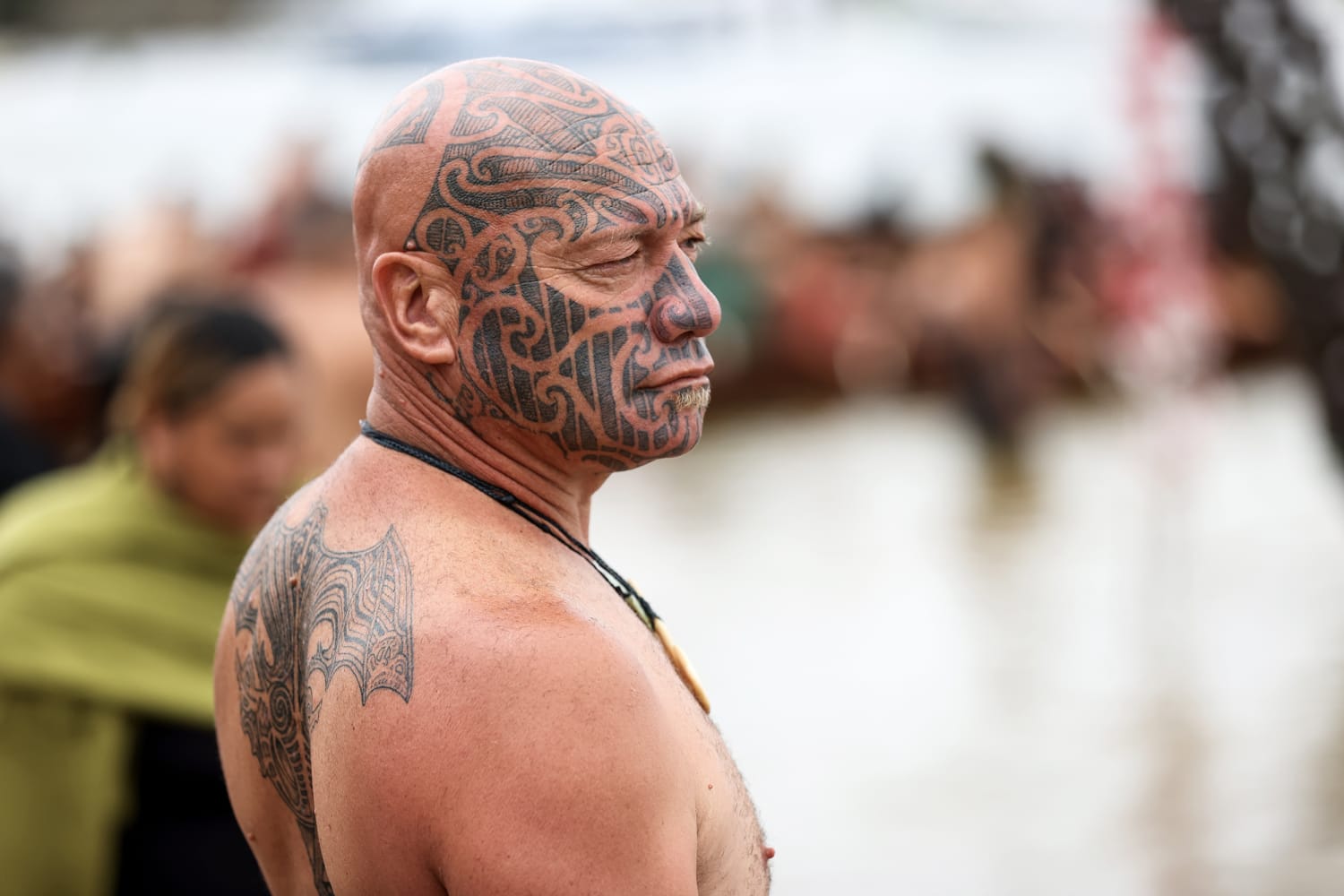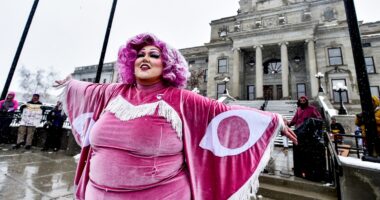MERCER, New Zealand — New Zealand’s longest river courses through spongy green lowlands on the country’s North Island, a mighty behemoth that local Māori see as a living ancestor.
For more than 10 years, government ministers and tribes of New Zealand’s Indigenous people have appointed equal numbers of board members to work toward the restoration of the health and well-being of the Waikato River. The arrangement — known locally as co-governance — is the result of a settlement delivered by a decadeslong effort to resolve state breaches of a historic treaty and has been described as a success by representatives of both groups.
Since 2017 however, government efforts to go further and share decision-making with Māori in other areas of public life have fueled a febrile national debate about how to guarantee Indigenous rights without undermining democracy, echoing tensions in other postcolonial societies. Now in an election year, the issue is a political fault line ahead of what is expected to be a close race in October.
The discussion, which many say is picking away at social cohesion, is rooted in differing interpretations of the country’s founding document — the Treaty of Waitangi — and competing visions for the best way to redress colonial wrongs and foster a just relationship between the British Crown and its Indigenous treaty partners.
The agreement between the Crown and some 540 Māori chiefs paved the way for British sovereignty and colonial governance in New Zealand. However, the English and Māori versions of the text differed, and many argue that Māori chiefs would not have signed had their version said they were ceding sovereignty to Britain.

The Māori version said their leaders gave Queen Victoria what has been translated as “complete government” over their territories, but that they were guaranteed the “unqualified exercise of their chieftainship” over their lands, villages and all their treasures. The English text by contrast says Māori leaders gave the queen “all the rights and powers of sovereignty” over their territories, and guaranteed Māori “exclusive and undisturbed possession” of their lands and other properties.
A New Zealand government website examining the differences between the texts says Māori believe that they kept their authority to manage their own affairs but ceded a right of governance to the queen in return for the promise of protection. “There can be little doubt that the chiefs who signed the Treaty expected to enter into some kind of partnership and power sharing in the new system,” it says.
More than 180 years later, New Zealand is self-governing and independent from the United Kingdom, although King Charles III is still its head of state and bills still need royal assent to become law. While government efforts to increase shared decision-making with Māori have been welcomed by many as a recognition of Māori rights as signatories to the 1840 treaty, they have also been slammed by others as “dismantling democracy” in a country that was the first in the world to give women the right to vote.
“The Treaty of Waitangi represents true partnership,” Tukoroirangi Morgan — a leader of the Waikato-Tainui tribe and a chief architect of the Waikato River settlement agreement with the Crown — said earlier this year from a cafe near the muddy brown river. “Whether it’s health, or water or waterways, or any other thing in this country, we’re the perfect partner.”
But for David Seymour, the leader of the small libertarian ACT party, broadening power sharing in a country where Māori represent less than 20% of the national population, calls into question the principle of one person, one vote democracy and gives preferential treatment on the basis of race. The government’s interpretation of the country’s treaty risks “abandoning liberal democracy at the altar of the treaty,” he said during an interview in April at his party’s head office in central Auckland.
Source: | This article originally belongs to Nbcnews.com









